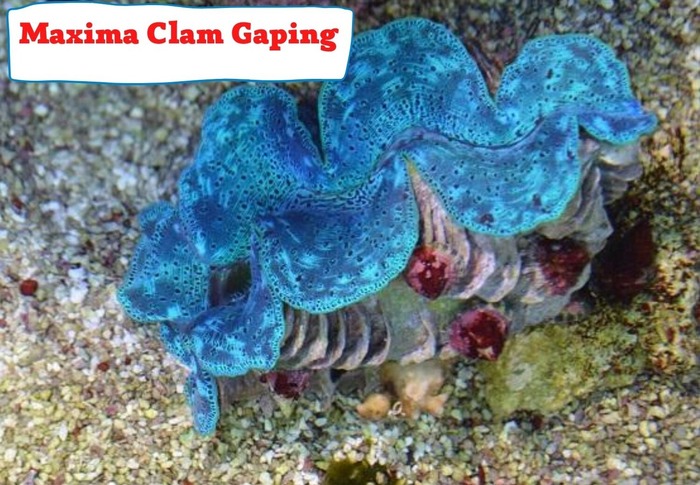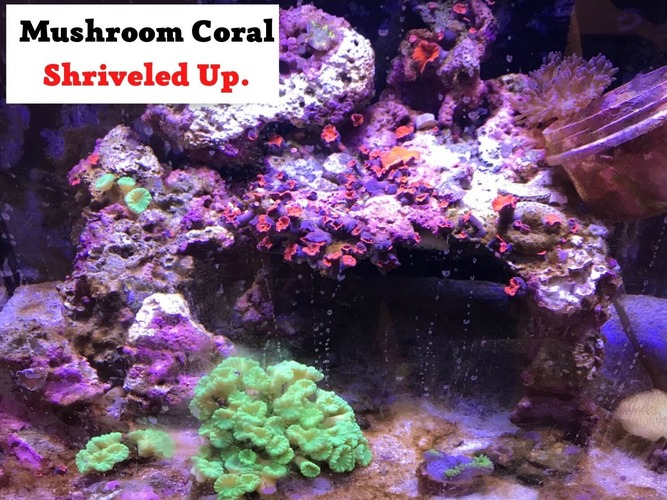Ants are untiring eaters; they leave nothing to waste. In the wild and even at home, you will often find ants decimating bigger animals and moving their body parts into their colonies.
While it is common to find ants eating bigger animals, one may ask whether ants eat fish.
If you have been thinking about that question, here is an article to help you learn whether ants can eat fish and how dangerous ants can be for fish.
Read on to learn.

Do Ants Eat Fish?
The answer obviously depends on where the fish is and the condition of the fish. Ants cannot eat fish while the fish is still in the aquarium, as you know.
Even if you take out the fish and leave it on a board or bucket in your kitchen for some time, ants are still less likely to eat your fish.
But the case is different if you have a dead fish.
However, it is less likely that ants will make it to your kitchen to eat your dead fish in its first few hours of dying. They will only find their way to the fish after it has deteriorated and has started giving off a bad smell.
It is impossible for ants to enter your aquarium to eat fish. That is an obvious fact: they are too small to take on a fish in its natural environment and so light weighted that they will only stay floating on the water.
Can Ants Be Dangerous for Fish?
Yes, ants can be dangerous for fish. This question is often asked because ants sometimes fall into an uncovered aquarium in their search for food.
At other times, they may find their way into your fish food and end up in the tank when you unknowingly feed your fish while they are still inside your fish food.
This is common, especially for newbies who seldom check their fish food before offering some to their pets.
So, when this happens, many ask whether ants can be dangerous for fish. The answer is that there is no point in feeding ants to your fish. It is just not worth the risk.
Ants generally have strong mandibles that they use to defend themselves whenever they feel threatened. These mandibles do a lot of damage when ants bite with them. Apart from the sharp pain of the bite, ants also release acid into the skin whenever they bite.
This acid is called formic acid and goes along with the bite from their mandibles.
Imagine all that hurt for a human and think for a moment if that is something you would want your fish to experience. Of course, your answer is no.
You want to keep in mind that fish swallow food whole. So feeding your fish ants in any way could lead to some serious discomfort for a while, even though it will not kill your fish. Also, most ant species are poisonous, which is bad news for your fish.
Although there are some that are not poisonous, they still have some kind of repelling toxins that they release on the bodies of anything they perceive as a threat to their safety. Whether they release poisons or some other form of discomforting chemical, your fish will suffer some damaging consequences.
So, it would be best to avoid feeding them ants.
If you need to feed your fish some extra proteins, it would be best to go for bloodworms, earthworms, or feeder insects that have been gut-loaded.
If your fish food has ants, it would be best to remove them before feeding your fish. This will prevent a scenario where your fish has to suffer discomfort because of bites and internal injuries for the first few minutes before the ants begin to digest.
Finally, you always want to remember that ants have a hard exoskeleton and significantly low protein content compared to the live feed options that you normally offer your fish. So, in the end, feeding your fish ants is not worth the risks at all. They are dangerous for fish.
Do Fish Like to Eat Ants?
Many fish owners usually argue that fish like to eat ants. But this is not wholly true. Some fish may swallow the ants, but swallowing ants does not mean they love eating ants.
The common justification for feeding ants to aquarium fish is that they eat ants in the wild. This is not wholly true. Ants are not aquatic animals and have no business swimming in water.
In fact, they prefer to hide in their tunnels when it rains. Interestingly, they build an intricate tunnel system that allows rain to drain off without pooling in the tunnels.
So, it is inaccurate to argue that these land animals are part of fish food in the wild. Fish in the wild usually eat animals that come into the water, live in it, or frequent it enough to make them fish prey. Animals in this category include tiny frogs, tadpoles, worms, earthworms, insect larvae, etc.
Also, it is the common practice for fish to vomit ants up to three times in an attempt to eat them. This is usually because the ants repeatedly bite whenever the fish are swallowing it. The pain and discomfort are so sharp that the fish has to spit it out.
But the fish is naturally an indiscriminate eater and will eat anything that can fit into its mouth. So, it will normally keep trying to swallow the ant until it succeeds. This shows that there is no reason to believe that fish like ants or should be fed some ants.
Can Pond Fish Eat Ants?
No, pond fish cannot eat and should not be fed ants, even if they sometimes snack on them by accident.
It is not uncommon to find people arguing that pond fish can eat fire ants. The reason is that during warmer months in the summer, some ants begin to swarm in search of food. In their search, a significant number may fall into ponds in an attempt to haul food back to the colony.
When this happens, it is often the case that pond fish snack on them. This is understandable because during the summer months, when the temperature is higher, fish metabolism rate increases.
This makes them digest food faster and eat more because of the quicker digestion.
When anything in the water that closely resembles food wiggles, your pond fish will not hesitate to eat it.
While this may seem safe, the truth is that it is not. Your pond fish is in danger of severe health problems and even death.
For instance, although a few fire ants will only cause mild to severe discomfort for the fish, depending on how big it is, consuming fire ants in large quantities can kill your fish.
How Can I Prevent Ans from Entering Fish Food
Normally, you can prevent ants from entering your fish food by storing them in a sealable container. You want to use a container with a tight lid to prevent ants from having access to your fish food.
But you need to also pay attention to how you dish the fish food. You want to ensure that you do not spill some on the floor anywhere close to where you keep the fish food. This will ensure that there is no trail scent.
If you have mistakenly poured some on the floor or on the countertop where you will keep the rest of the fish food, you want to clean that surface thoroughly. This will prevent ants from following the trail scent and looking for ways to enter the fish food container or plastic bag.
If you buy fish food in plastic bags, ensure that you tie the plastic bag always after feeding the fish.
Bottom Line
Normally ants cannot and do not swim. They are extremely light, and this makes them float on the water’s surface. So, it would be absurd to say that ants eat fish. But if the fish were dead and lying on land, you can expect ants to take the fish apart and begin to move its body parts in tiny pieces into their colonies.
You also want to remember that while fish in the wild such as in ponds and rivers, may occasionally snack on an unfortunate ant, it is not ideal to feed ants to fish. This is especially true with fish in captivity.
Usually, you will notice your fish spitting and swallowing the ants repeatedly. This is not to be mistaken as a sign of hunger for ants. Spiting the fish out is a way of responding to the bites and toxins the ant releases as it fights to stay alive.
On the other hand, repeated swallowing is the fish’s instinct telling it to eat what is wriggling in front of it.
It would be best not to feed ants directly or accidentally to fish in the aquarium.
- Snail Mantle Collapse – Here’s What Every Pet Owner Should Know - April 2, 2023
- Algaefix Killed My Fish – What Have I Done Wrong? - March 2, 2023
- How Long Can Live Rock Be Out of Water? And What Will Happen Then? - February 2, 2023




